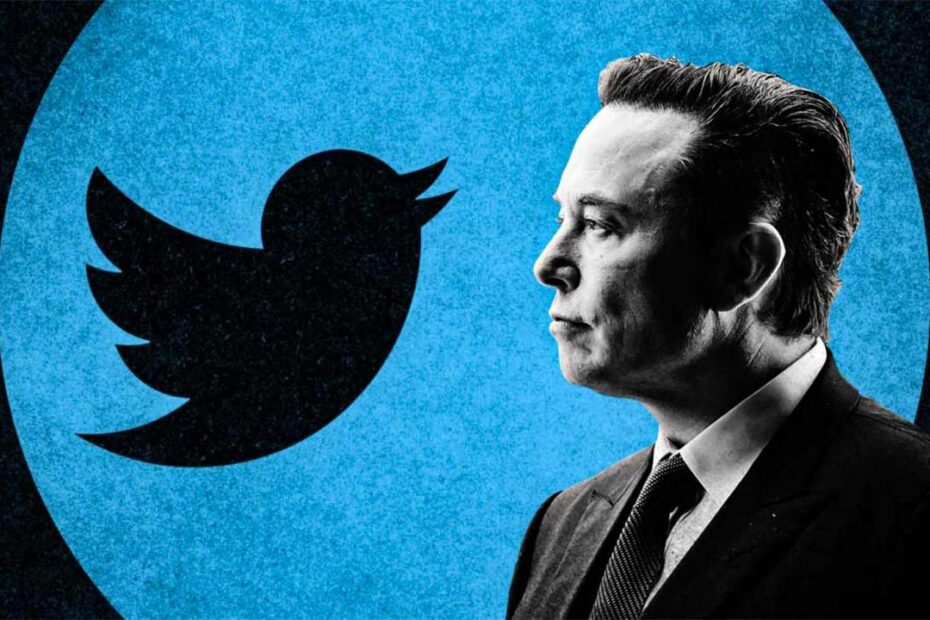Elon Musk was warned of the impersonation issues and widespread confusion that would arise from selling a blue checkmark for $8. The warning came from Twitter’s trust and security staff a week before the billionaire implemented its overhauled verification system per platform.
Platformer reported on Monday that tech newsletter founder Casey Newton and editor Zoe Schiffer cited an internal seven-page document from the Circulating team dated November 1. He was given recommendations to address the issues.
According to the newspaper, Elon Musk and his attorney Alex Spiro were briefed on the document along with Esther Crawford, director of product management at Twitter. Insider could not independently verify the document or ascertain to whom it was sent.
In its recommendations, the trust and security team warned against impersonating world leaders, advertisers, brand partners, election officials and other high-profile individuals, according to the platform. The platformer reports that the team also predicted that scammers and bad actors would be more likely to get the $8 checkmark. Would be willing to pay as the upside outweighs the cost.
His predicted scenario quickly became a reality after Twitter launched its paid badge service on November 9, with spoofers and scammers pretending to be the official accounts of former President George W. Bush, pharmaceutical company Eli Lilly and Musk’s company Tesla.
Twitter halted its $8 subscription model on Thursday amid a flood of fake accounts, The Washington Post reported, after verification trolls announced Eli Lilly is insulin-free, causing the company’s stock to plummet.
In its memo, the trust and security team also highlighted the consequences of removing the checkmark from accounts that had already been verified prior to Musk’s purchase of Twitter, according to the platform, according to the document, which privileges legacy verified accounts. And the exemption was removed. There can be confusion and a lack of trust among high profile users.
Legacy verification provides an important clue in the enforcement of impersonation rules, the loss of which is likely to lead to an increase in impersonation of high-profile accounts on Twitter. who don’t pay $8 per platformer for a verified badge.
The team, which has an estimated 400,000 verified Twitter users, warned that staff would need to remove a large number of badges, which would require a higher operational lift without investment, according to the site. The rollout of the new verified badge system comes after Elon Musk cut the company’s global workforce by half and said Twitter was losing $4 million a day.
The billionaire told employees in a unanimous meeting earlier this month that he sold billions of Tesla stock to keep Twitter afloat.
